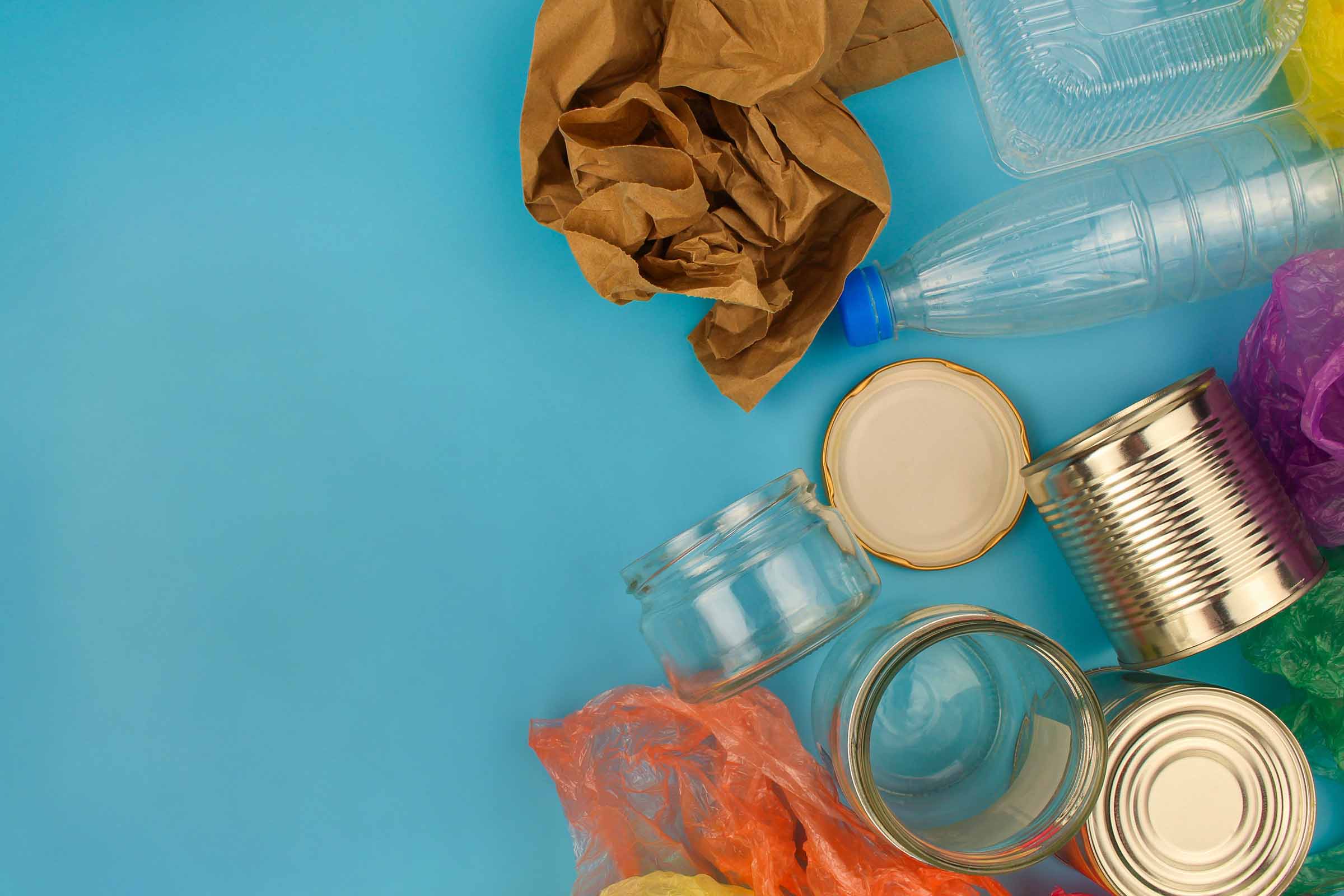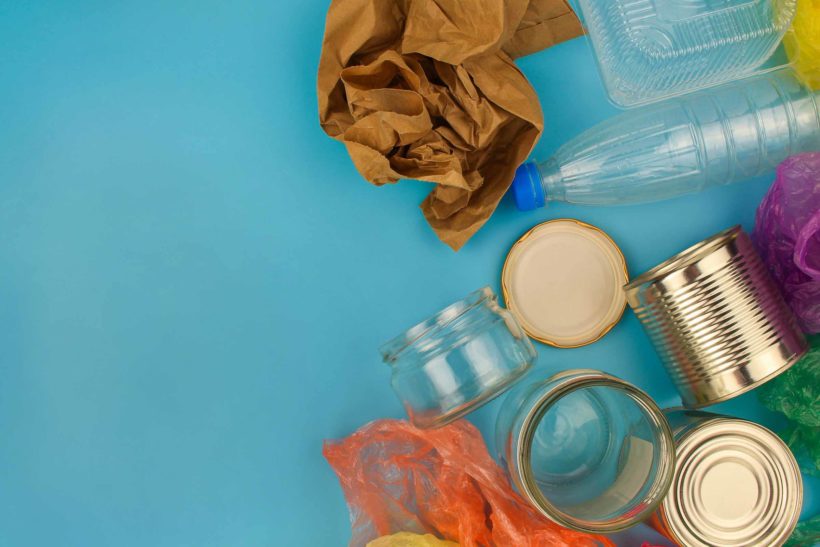3 ways to confront your waste

When it comes to waste, out of sight is out of mind. Our sense of responsibility tends to end once our trash is hauled off the curb and out of view. Let’s ignore the incredible volume and toxicity of our collective waste for a moment and instead focus on understanding what is immediately under our control: what we throw away.
Keep a Waste Journal
Do you really know what you throw away? Challenge yourself to find out. Keep a ‘waste journal’ (trash diary/refuse record/litter log) and record every single thing you throw out for one week, from clothing tags to pizza boxes. Include items you recycle or compost, too. At the end of the week, review what you’ve logged — without shaming yourself. Instead, use a discerning eye to analyze your waste. What types of items did you use the most? Which days did you throw away the most, and why? Was anything unexpected or surprising? Building a baseline of your own behavior can help you become more mindful of the types and quantity of items you consume. Next, try to determine which items you can reduce or even eliminate throughout your daily or weekly routine.
Start a Zero-Waste Kit
Many of the single-use items we use on a daily basis can be replaced with reusable alternatives. Utensils, straws, napkins, produce bags, and plastic wrap are just a few of the items that are easily exchangeable for more environmentally-friendly versions. If you’re starting from scratch, there are plenty of zero-waste kits available online that will cover your needs. You more than likely already have a few of the items in your home already, so consider starting there and adding additional items as needed. A zero-waste kit can include some or all of the following items:
- Reusable cup or tumbler
- Glass or metal straw
- Cloth napkin
- Beeswax wraps
- Reusable utensils
- Reusable grocery bag
- Reusable produce bags
- Reusable food storage containers
Make sure to keep your kit somewhere accessible like the trunk of your car. A compact kit can also be a great travel companion, making your trip by air, land, or sea more eco-friendly. (We’d love to see your kit so please send photos to nhall@teatown.org!)
Make informed choices about your waste
Avoiding excessive packaging can seem impossible. From heavily packaged fruit to ridiculous online deliveries, the smallest purchase can come with a wave of unnecessary cardboard and plastic that heads straight to the trash. Still, there are some easy ways to avoid some excessive packaging in the store, like avoiding pre-cut fruits and veggies, and single-use produce bags. Remember to be mindful of both what you buy and how you buy it.
How do you confront your waste? Share with us on our Facebook Page.


